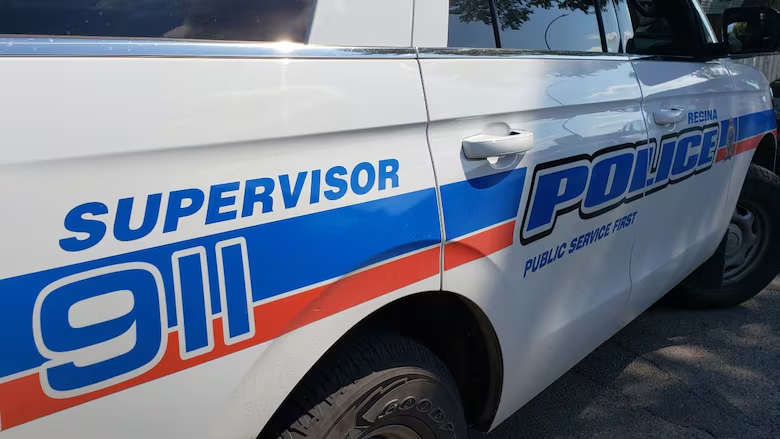Regina Police Service reports on trauma-informed changes to sex assault investigations
Case reviews led to changes in how Regina police interview victims

In an attempt to encourage victims of sexual assault to come forward, the Regina Police Service (RPS) changed its policy for handling the cases.
The origin of the change was a pilot program that began in 2019. During the pilot, a team used a system called Violence Against Women Advocate Case Review (VACR) to review cases where someone had reported a sexual assault to Regina police but no charges ended up being laid. The reviewers then spoke with RPS about their findings.
These reviews led to several changes at RPS, including a new sexual assault investigation policy approved in 2020 and new training for officers launched in January 2021.
The policy's trauma-informed approach focuses on the comfort and wellbeing of alleged victims and treating them with respect, according to Staff Sergeant Chris Jackiw, who made a presentation about the sexual assault case policy to the city's Board of Police Commissioners at city hall on Tuesday.
Sexual assault crimes often go unreported by victims due to trauma, embarrassment, shame and the fear of not being believed, Jackiw said.
"The point of this [policy] is to make our officers aware of any bias they may have and to give careful consideration to the way they conduct their investigations and interviews."
The impact of trauma
That means "being non-judgmental, while remaining objective and mindful of the impact that the traumatic situation may have on the victim," Jackiw said.
Under the policy, police will take a trauma-informed approach to handling victims, and work to not perpetuate "rape culture," a term used to describe a society or environment whose prevailing attitudes have the effect of normalizing or trivializing sexual assault and abuse.
"Common behaviours include victim blaming, such as: 'Why did you go home with that person? Why did you drink so much? What did you expect wearing that outfit?'" said Jackiw.
He said officers are expected to provide clear communication to victims on the processes following a sexual assault, including what happens as part of the investigation, reporting options like victims services and the potential judicial process.
"It means providing our officers with an understanding of the neuro-biological science and an evidence-based investigative approach about how specific experiences impact victim trauma, memory reactions and behaviour," Jackiw said.
Dealing with trauma
Trauma responses may include the victim acting catatonic, or disassociated. They may be very upset and depressed, or they may be emotionally numb.
"These are all unique to each individual victim and should not be judged or questioned, but understood as a trauma response. Understanding these trauma responses is imperative," said Jackiw.
Lisa Miller, executive director of the Regina and Area Sexual Assault Centre, said in an interview with CBC that her organization provided feedback to RPS on ways it could enhance its service. The resulting policy is an important upgrade, she said.
"Understanding how trauma impacts a person's memory can help an officer get better evidence and get better information from the person that's reporting," Miller said.
According to Statistics Canada, Indigenous peoples are more likely to experience violent victimization than non-Indigenous peoples. Miller said the Regina and Area Sexual Assault Centre has done training with Regina police on intergenerational trauma. She said it is important the police consider the individual's needs when interviewing them about an assault.
"[Sexual assault] is a very complex issue and and it definitely impacts certain populations in ways that we need to ensure that our responses meet their needs," Miller said.
"One person's experience with reporting can look entirely different just based on who they are, their identity. And so we want to ensure that any practices are meeting the needs of every person."
Read the report filed to the Board of Police Commissioners this week here:
(PDF KB)
(Text KB)CBC is not responsible for 3rd party content
Corrections
- A previous version of this story said that the Regina Police Service's new sexual assault investigation policy was recently introduced. In fact, a pilot project that began in 2019 led to a new policy in 2020 and a new training program launched in January 2021.Jan 27, 2022 6:35 PM EST

